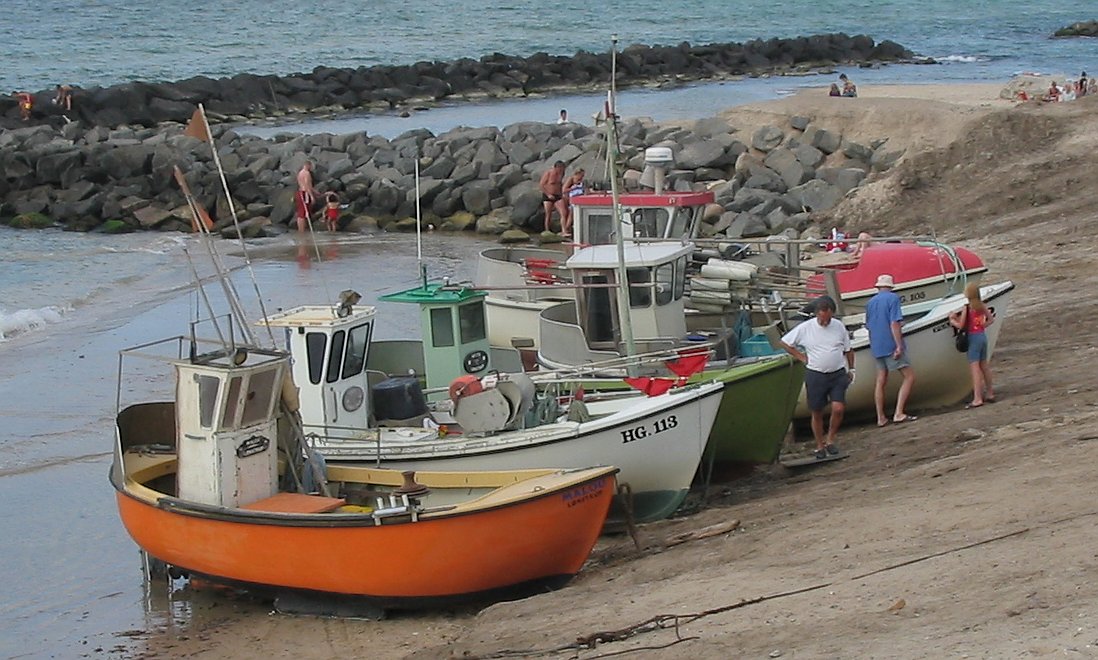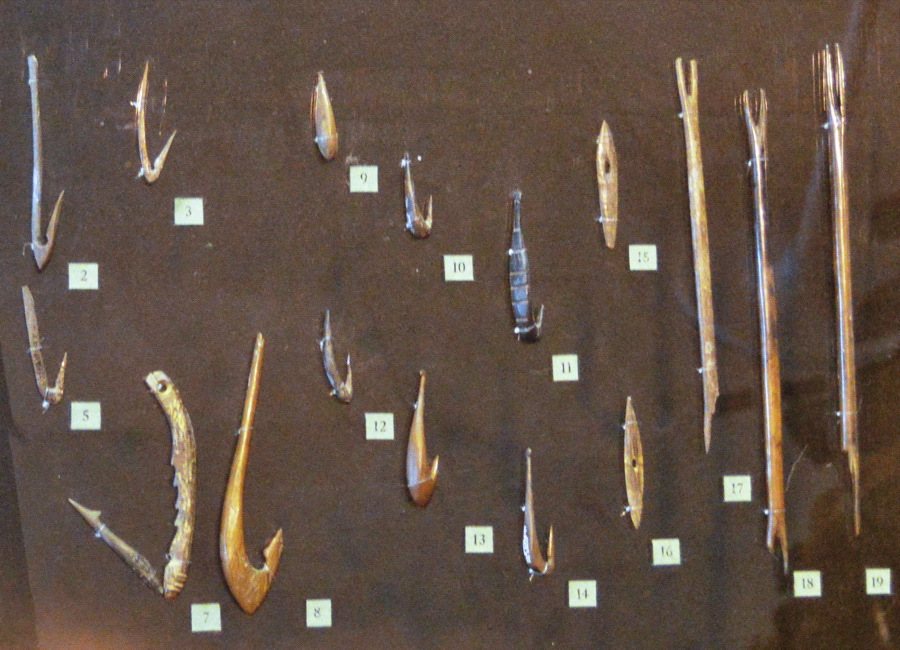|
German Trawler V 202 Hermann Bösch
''Hermann Bösch'' was a German fishing trawler that was requisitioned by the Kriegsmarine in the Second World War for use as a ''Vorpostenboot'', serving as V 205 ''Hermann Bösch'' and V 202 ''Hermann Bösch''. She was shelled and sunk in the English Channel off La Hague, Manche, France by and on 28 July 1942. Description ''Hermann Bösch'' was long, with a beam of and a depth of . She was assessed at , . She was powered by a triple expansion steam engine which had cylinders of , and diameter by stroke. The engine was built by Deschimag Seebeck, Wesermünde and was rated at 96nominal horsepower. It drove a single screw propeller via a low-pressure turbine, double reduction gearing and a hydraulic coupling. History ''Hermann Bösch'' was built as yard number 592 by Deschimag, Wesermünde. She was launched in October 1937 and completed on 24 November. She was built for C. C. H. Bösch. She was completed by Deschimag Seebeck, Wesermünde. Her port of registry was Bremerha ... [...More Info...] [...Related Items...] OR: [Wikipedia] [Google] [Baidu] |
Bremerhaven
Bremerhaven (; ) is a city on the east bank of the Weser estuary in northern Germany. It forms an exclave of the Bremen (state), city-state of Bremen. The Geeste (river), River Geeste flows through the city before emptying into the Weser. Bremerhaven was founded in 1827 as a seaport for Bremen, and it remains one of the busiest ports in the country. It was historically rivalled by on the opposite side of the Geeste, which belonged to Kingdom of Hanover, Hanover (and later Kingdom of Prussia, Prussia). Geestemünde united with neighbouring to form the city of in 1924, and Bremerhaven was itself annexed to Wesermünde in 1939, but the entire conurbation was restored to Bremen in 1947. History The town was founded in 1827, but neighboring settlements such as Lehe were in the vicinity as early as the 12th century, and Geestendorf was "mentioned in documents of the ninth century". p. 8. Fourth revised edition. Translated into English from the original German edition titled ... [...More Info...] [...Related Items...] OR: [Wikipedia] [Google] [Baidu] |
Fishing Boat Registration
Port letter and number (PLN) is a code identifying fishing vessels and other boat A boat is a watercraft of a large range of types and sizes, but generally smaller than a ship, which is distinguished by its larger size or capacity, its shape, or its ability to carry boats. Small boats are typically used on inland waterways s ...s printed on the boat. This is used in Europe, including the United Kingdom. The format is XYZ123. References External linksA list of European port letters * {{europe-transport-stub ... [...More Info...] [...Related Items...] OR: [Wikipedia] [Google] [Baidu] |
Auxiliary Ships Of The Kriegsmarine
Auxiliary may refer to: In language * Auxiliary language (other) * Auxiliary verb In military and law enforcement * Auxiliary police * Auxiliaries, civilians or quasi-military personnel who provide support of some kind to a military service ** Auxiliaries (Roman military) In religion * Auxiliary bishop, in the Roman Catholic Church * Auxiliary organization (LDS Church) In technology * Auxiliary input jack and auxiliary cable, generally for audio ** frequently associated with mobile device audio * Aux-send of a mixing console * An auxiliary port is a common port found on many Cisco routers for CLI access. * A backup site or system Other uses * Auxiliary route, also known as "special route", in road transportation ** An auxiliary route of the Interstate Highway System in the United States * Auxiliary ship is a naval vessel designed to operate in support of combat ships and other naval operations * Auxiliary (fraternity or sorority) * A marching band color guard * Auxil ... [...More Info...] [...Related Items...] OR: [Wikipedia] [Google] [Baidu] |
Fishing Vessels Of Germany
Fishing is the activity of trying to catch fish. Fish are often caught as wildlife from the natural environment (Freshwater ecosystem, freshwater or Marine ecosystem, marine), but may also be caught from Fish stocking, stocked Body of water, bodies of water such as Fish pond, ponds, canals, park wetlands and reservoirs. Fishing techniques include trawling, Longline fishing, longlining, jigging, Fishing techniques#Hand-gathering, hand-gathering, Spearfishing, spearing, Fishing net, netting, angling, Bowfishing, shooting and Fish trap, trapping, as well as Destructive fishing practices, more destructive and often Illegal, unreported and unregulated fishing, illegal techniques such as Electrofishing, electrocution, Blast fishing, blasting and Cyanide fishing, poisoning. The term fishing broadly includes catching aquatic animals other than fish, such as crustaceans (shrimp/lobsters/crabs), shellfish, cephalopods (octopus/squid) and echinoderms (starfish/sea urchins). The term is n ... [...More Info...] [...Related Items...] OR: [Wikipedia] [Google] [Baidu] |
Steamships Of Germany
A steamship, often referred to as a steamer, is a type of steam-powered vessel, typically ocean-faring and seaworthy, that is propelled by one or more steam engines that typically move (turn) propellers or paddlewheels. The first steamships came into practical usage during the early 19th century; however, there were exceptions that came before. Steamships usually use the prefix designations of "PS" for ''paddle steamer'' or "SS" for ''screw steamer'' (using a propeller or screw). As paddle steamers became less common, "SS" is incorrectly assumed by many to stand for "steamship". Ships powered by internal combustion engines use a prefix such as "MV" for ''motor vessel'', so it is not correct to use "SS" for most modern vessels. As steamships were less dependent on wind patterns, new trade routes opened up. The steamship has been described as a "major driver of the first wave of trade globalization (1870–1913)" and contributor to "an increase in international trade that was un ... [...More Info...] [...Related Items...] OR: [Wikipedia] [Google] [Baidu] |
Ships Built In Bremen (state)
A ship is a large watercraft, vessel that travels the world's oceans and other Waterway, navigable waterways, carrying cargo or passengers, or in support of specialized missions, such as defense, research and fishing. Ships are generally distinguished from boats, based on size, shape, load capacity and purpose. Ships have supported Geographic exploration, exploration, Global trade, trade, Naval warfare, warfare, Human migration, migration, colonization, and science. Ship transport is responsible for the largest portion of world commerce. The word ''ship'' has meant, depending on the era and the context, either just a large vessel or specifically a Full-rigged ship, ship-rigged sailing ship with three or more masts, each of which is Square rig, square-rigged. The earliest historical evidence of boats is found in Egypt during the 4th millennium BCE. In 2024, ships had a global cargo capacity of 2.4 billion tons, with the three largest classes being ships carrying dry bulk (43%), ... [...More Info...] [...Related Items...] OR: [Wikipedia] [Google] [Baidu] |
1937 Ships
Events January * January 1 – Anastasio Somoza García becomes President of Nicaragua. * January 5 – Water levels begin to rise in the Ohio River in the United States, leading to the Ohio River flood of 1937, which continues into February, leaving 1 million people homeless and 385 people dead. * January 15 – Spanish Civil War: The Second Battle of the Corunna Road ends inconclusively. * January 23 – Moscow Trials: Trial of the Anti-Soviet Trotskyist Center – In the Soviet Union 17 leading Communists go on trial, accused of participating in a plot led by Leon Trotsky to overthrow Joseph Stalin's regime, and assassinate its leaders. * January 30 – The Moscow Trial initiated on January 23 is concluded. Thirteen of the defendants are Capital punishment, sentenced to death (including Georgy Pyatakov, Nikolay Muralov and Leonid Serebryakov), while the rest, including Karl Radek and Grigory Sokolnikov are sent to Gulag, labor camps and later murdered. They were i ... [...More Info...] [...Related Items...] OR: [Wikipedia] [Google] [Baidu] |
German Trawler V 203 Carl Röver
German(s) may refer to: * Germany, the country of the Germans and German things **Germania (Roman era) * Germans, citizens of Germany, people of German ancestry, or native speakers of the German language ** For citizenship in Germany, see also German nationality law **Germanic peoples (Roman era) *German diaspora * German language * German cuisine, traditional foods of Germany People * German (given name) * German (surname) * Germán, a Spanish name Places * German (parish), Isle of Man * German, Albania, or Gërmej * German, Bulgaria * German, Iran * German, North Macedonia * German, New York, U.S. * Agios Germanos, Greece Other uses * German (mythology), a South Slavic mythological being * Germans (band), a Canadian rock band * "German" (song), a 2019 song by No Money Enterprise * ''The German'', a 2008 short film * "The Germans", an episode of ''Fawlty Towers'' * ''The German'', a nickname for Congolese rebel André Kisase Ngandu See also * Germanic (disambiguatio ... [...More Info...] [...Related Items...] OR: [Wikipedia] [Google] [Baidu] |
Motor Gun Boat
The motor gunboat (MGB) was a small, high-speed British military vessel of the Second World War, which was armed with a mix of guns, in contrast to the physically similar motor torpedo boat (MTB), whose main offensive weapon were torpedoes. The small size of the MGBs, and their high speed, made them difficult targets for German E-boats, though, like their opponents, they were limited by heavy weather, because they did not provide a stable-enough platform to aim the guns. The large number of guns required a relatively large crew, numbering as high as thirty men on the largest boats. Description MGBs were extremely heavily armed for vessels of their size. Early MGBs were, nevertheless, small boats, being based on motor anti-submarine boats of in length; these would later be considered 'short' boats by the Royal Navy Coastal Forces. These were mostly equipped with one heavy weapon and numerous lighter guns. The later short MGBs would have two heavy weapon locations (a pom- ... [...More Info...] [...Related Items...] OR: [Wikipedia] [Google] [Baidu] |
Pas-de-Calais
The Pas-de-Calais (, ' strait of Calais'; ; ) is a department in northern France named after the French designation of the Strait of Dover, which it borders. It has the most communes of all the departments of France, with 890, and is the 8th most populous. It had a population of 1,465,278 in 2019.Populations légales 2019: 62 Pas-de-Calais INSEE The Calais Passage connects to the Port of Calais on the . The Pas-de-Calais borders the departments of [...More Info...] [...Related Items...] OR: [Wikipedia] [Google] [Baidu] |
Boulogne-sur-Mer
Boulogne-sur-Mer (; ; ; or ''Bononia''), often called just Boulogne (, ), is a coastal city in Hauts-de-France, Northern France. It is a Subprefectures in France, sub-prefecture of the Departments of France, department of Pas-de-Calais. Boulogne lies on the Côte d'Opale, a touristic stretch of French coast on the English Channel between Calais and Normandy, and the most visited location in the region after the Lille conurbation. Boulogne is its department's second-largest city after Calais, and the 183rd-largest in France.Téléchargement du fichier d'ensemble des populations légales en 2017 Institut national de la statistique et des études économiques, INSEE It is also the country's largest fishing port, specialising in herring. Boulogne is an ancie ... [...More Info...] [...Related Items...] OR: [Wikipedia] [Google] [Baidu] |








